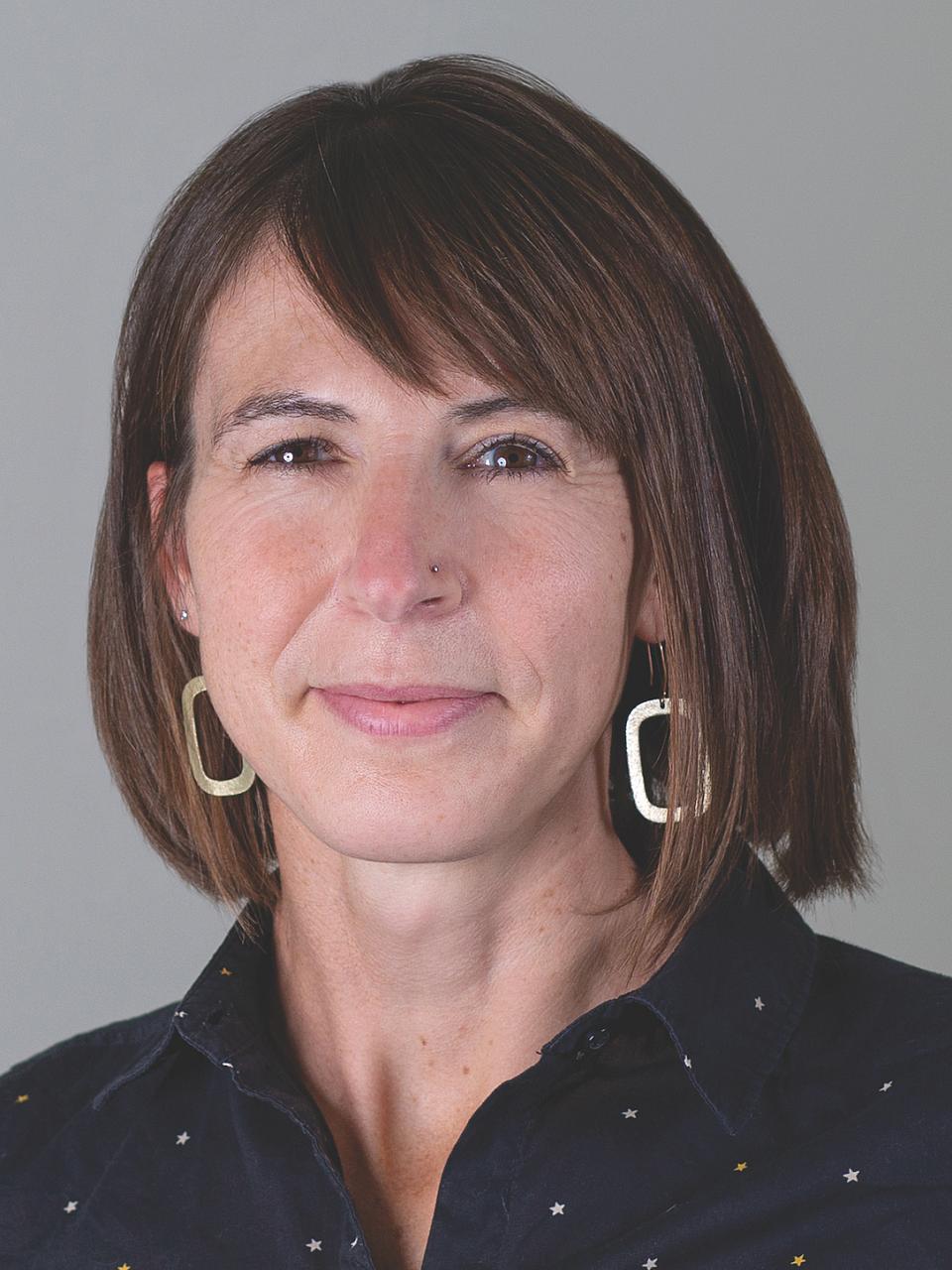Voices of U of U Health
Speaking the Unspoken: Creating a Safe Space for Caregivers
By Megan Call, PhD, MS
Every day, people who work in health care show up to care for others—even when they’re struggling themselves. But for a long time, there’s been an unspoken rule for many in our profession: Don’t talk about your own mental health.
That silence has hurt too many people.
This spring, University of Utah Health received national recognition as a Wellbeing First Champion from the Dr. Lorna Breen Heroes’ Foundation. The award confirms that our credentialing applications no longer include outdated, intrusive mental health questions.
We’re sending a clear message to our workforce: It’s safe to ask for help here.
Stigma and Misconceptions About Seeking Mental Health Support

For years, health care workers across the country avoided getting mental health care. They were afraid it might hurt their careers. Some drove across state lines to visit a therapist. Others used fake names and paid in cash, just to avoid answering a single question: “Have you ever received mental health treatment?”
That one question had no bearing on a clinician's ability to care for patients. But it carried a heavy weight. It sent the message that getting support was a risk. That seeking care might cost you your job.
At U of U Health, we believe the opposite is true. Getting support makes us stronger.
Inspired by Lorna Breen’s Legacy
Lorna Breen, MD, was a respected emergency medicine physician in New York City. She was also a runner, a skier, a cellist, and a beloved daughter and sister. In the early days of the COVID-19 pandemic, she got sick with the virus. Like many others, she struggled to return to work, likely due to long COVID and depression. Even though she sought inpatient treatment, she later died by suicide.
Dr. Breen’s family believes stigma surrounding mental health care played a role. In response, they created the Dr. Lorna Breen Heroes' Foundation to change how health systems support the mental health of their caregivers—starting with credentialing and access to mental health resources and services.
The foundation’s work helps organizations across the country, including ours, update policies and protect providers. We’re proud to be part of that movement.

We Were Already Doing the Work
Being recognized as a Wellbeing First Champion takes on additional meaning when we reflect on our proactive approach. U of U Health had already removed the intrusive question from its forms before the award existed. We weren’t checking a box. We were doing what we thought was right.
We know from research and experience that asking about past mental health treatment doesn’t predict how well someone will do their job. If anything, it may discourage people from getting the support they need. And that can affect everything—from patient safety to personal well-being.
This award is a sign that we’re walking the walk. It’s a visible commitment to clinician well-being and a message to our current and future employees: it’s safe to get help here.
Support at Every Level
Mental health support doesn’t start and stop with policy changes. It has to show up at every level: for individuals, for teams, and across the organization.
At the individual level, our Resiliency Center provides confidential therapy to U of U Health employees. Over time, we’ve seen how word can spread. One person gets support, and then their coworkers do, too. That ripple effect matters.
At the team level, we offer something called Code Lavender. It’s a coordinated response for teams impacted by distressing events—such as the sudden loss of a patient or a critical incident in the emergency department. When someone calls a Code Lavender, the Resiliency Center steps in to listen, help, and connect people to care. It’s not therapy for everyone. It’s simply a way to validate and address the emotional reality of working in health care.
And at the organizational level, we’re continuing to implement policies and processes centered around well-being. We’re also working toward Gold status in the American Medical Association’s Joy in Medicine program, with this credentialing update as one part of that journey.

A Message for Those Who Are Struggling
If you're a clinician and you're struggling, you're not alone. If you're unsure about asking for help, you're not the only one. And if you’re worried that reaching out might put your job at risk, we want you to know that, at U of U Health, it won’t.
Your stress and emotional pain matter. They’re valid. And wanting support means you care—about yourself, your patients, and your work. Seeking help isn’t weakness. It’s courage.
Take the leap. You deserve to feel supported.
What You Can Do
If you’re reading this as a health care worker:
- Ask someone how they’re really doing and then listen.
- Share your story and talk about when times were hard and how you were supported.
- Reach out if you need help. You are not a burden for doing so.
If you’re reading this as a leader:
- Review your own practices and policies for addressing mental health.
- Speak openly about mental health resources.
- Take action—even if it feels small. Your silence also sends a message.
We still have work to do, but together, we’re making progress.

Reach Out
If you or someone you know is struggling with mental health or thinking about suicide, please reach out. In the United States, you can call or text 988 to reach the Suicide & Crisis Lifeline 24/7. Support is free and confidential.
To learn more about our resources, visit U of U Health’s Resiliency Center or Code Lavender.
To learn more about Dr. Lorna Breen and the foundation named in her honor, visit drlornabreen.org.
